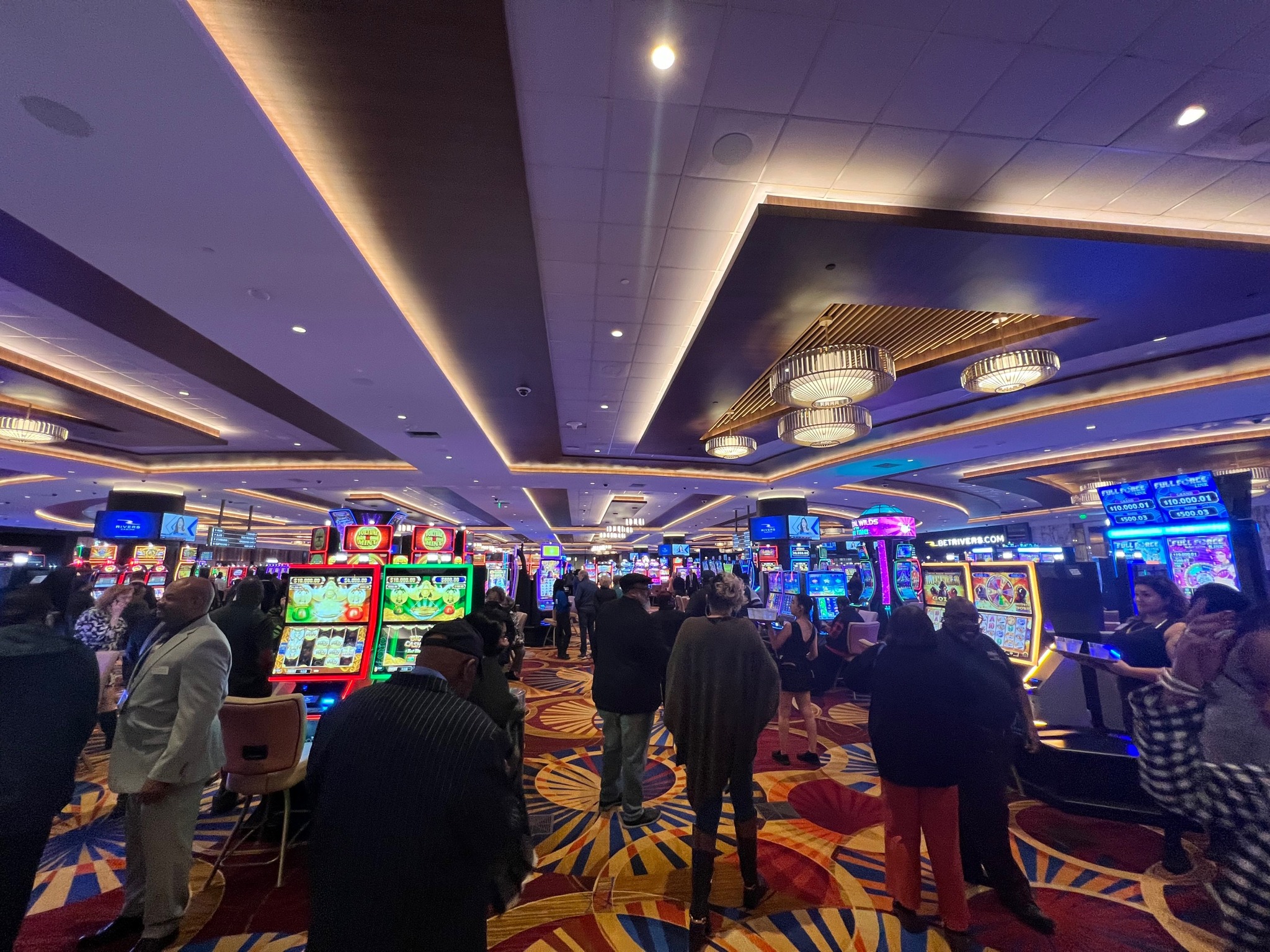Establishing an Casino Game Dominion: Stories from the Field

The attraction of casino games has mesmerized countless individuals around the planet for decades. From the spinning roulette device to the melody of mixing cards, the thrill of luck and skill intertwines to create an exciting environment that draws people in. These entertainments are not just leisure activities; they have evolved into an essential part of the leisure industry, growing into a worldwide phenomenon that covers lavish hotels, colorful digital gambling spaces, and all that lies in between.
As the need for one-of-a-kind and engaging experiences continues to expand, the stories behind the achievements of gambling games reveal a captivating landscape. Businesspeople and developers are constantly extending the boundaries of imagination and innovation, resulting in the rise of new games and interactive advancements. Delving into these accounts offers us a glimpse into the effort needed to create a gambling enterprise and the enthusiasm that propels those working behind the curtains.
The Development of Gambling Games
Casino games have a robust past that dates back centuries, with their origins often linked with historic rituals and social gatherings. The initial forms of betting can be connected back to ancient Chinese civilization, where dice games were played, and also to the Roman Empire who participated in betting on multiple events. Over time, these primitive games evolved into better organized forms, leading to the establishment of games such as baccarat and roulette in the 17th century. These initial casino games laid the foundation for the industry we see today.
As society progressed, so did the complexity and variety of casino games. The 19th century marked a significant milestone with the creation of official gambling establishments in locations like Monte Carlo and Las Vegas. This era saw the rise of well-known games such as poker and blackjack, which fascinated the interests of participants around the world. The rise of these games was fueled by innovations in game design and the creation of betting regulations that rendered the industry more regulated and attractive to the general populace.
The technological revolution in the late 20th and early 21st centuries transformed the landscape of casino games yet again. The advent of the internet resulted in virtual casinos, enabling users to enjoy their beloved games from the convenience of their houses. This change not only broadened the scope of gambling options but also opened up new types like live dealer games and mobile gaming apps. Today, the gambling game landscape continues to develop, with cutting-edge technologies such as virtual reality and blockchain promising transform the coming years of gambling. Ga179
Winning Game Creation Strategies
The basis of a successful casino game empire lies in the creation of entertaining and unique games that engage players. A effective strategy involves thorough market research to understand current trends and player preferences. By analyzing user feedback and watching high-performing titles, developers can recognize what resonates with players and what features are in demand. Including unique themes, multifaceted game mechanics, and aesthetically appealing graphics are vital to differentiate in a competitive landscape.
Partnership is another key element of successful game development. Uniting talented designers, programmers, and mathematicians certifies that games are simultaneously visually impressive but also equitable in terms of gameplay. Encouraging honest communication among team members promotes creativity and yields novel concepts. Moreover, interacting with players during the beta testing phase enables developers to gather valuable insights that can enhance gameplay elements before the official launch.
Lastly, effective marketing strategies cannot be dismissed in creating a thriving casino game empire. Creating a compelling narrative around the game and utilizing social media platforms to create hype can dramatically impact player acquisition. Offering deals, loyalty rewards, and engaging in community events can further enhance player retention. By blending strong development practices with smart marketing, game developers can create an immersive experience that keeps players revisiting for further.
The Future of Gambling Play
The scene of gambling play is evolving swiftly, driven by advancements in technology and changing consumer tastes. Online and mobile play is prepared to dominate the industry as more players seek convenience and access. Augmented VR and virtual AR are also integrating into the gambling experience, providing captivating settings that elevate classic gaming to a new level. As players crave more interactive and engaging experiences, casinos will need to change and evolve to keep their audience interested.
Additionally, the integration of AI intelligence and information analysis will play a crucial role in shaping the future of gambling gaming. Casinos will leverage data to understand player behavior, personalize experiences, and improve client service. Personalization will become key, as players will want games that modify to their tastes and play styles. As the gaming industry utilizes these insights, the development of novel play types and features will likely emerge, keeping the casino experience fresh and exciting for all.
Moreover, the movement towards responsible gaming is becoming increasingly notable. As authorities and consumers focus more on gambler well-being, casinos will need to implement measures that promote safe gaming practices. This could include features that allow gamblers to set limits on their expenses and time spent playing, as well as better resources for those who may be struggling with gaming addiction. By focusing on safe play, casinos can build trust with their customers and ensure a viable future in the competitive environment of casino gaming.
